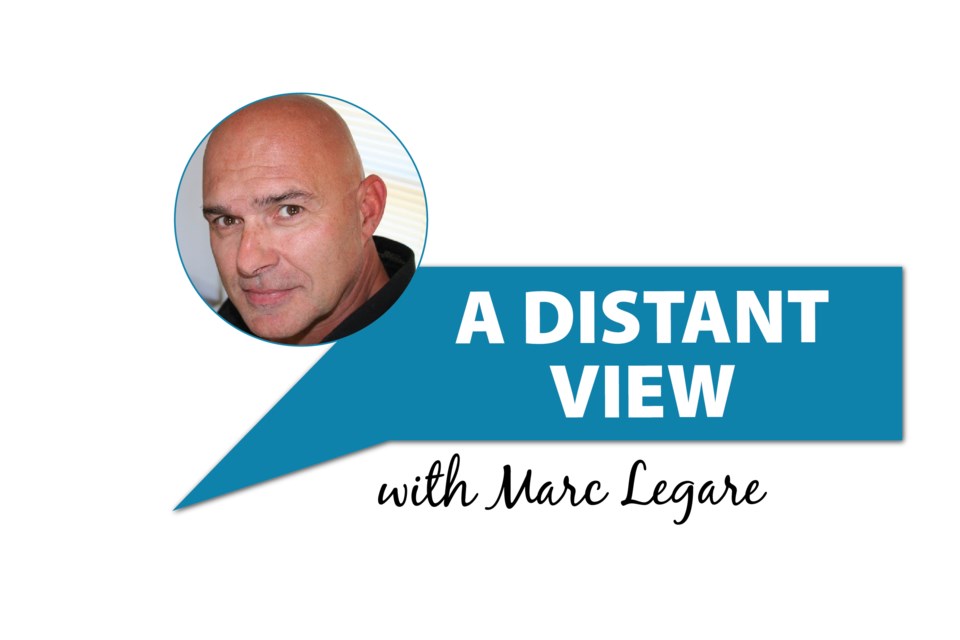Marc Legare is a philosopher and motorcycle adventurist.
He has travelled extensively, worked and lived in Australia, US, and across Canada.
He has a varied working career including: Firefighter, Lawyer, Navy, Motorcycle Importer, plus others.
He chose to return to southern Saskatchewan because of his family's deep roots here.
Soon upon us, there is an anniversary for an event that goes down in history as the day the world changed forever; July 20, 1969. The day we walked on the moon is eternally etched in history and on the human spirit. Few single moments in our experience are as profound.
On the day we achieved that monumental goal, we were on top of the world. Neil Armstrong's iconic words, "This is one small step for a man, one giant leap for mankind," is imprinted in our memory. It is doubtful that any single event has changed our sense of self more powerfully.
Walking on the moon empowered humankind to believe we could reach heights never imagined. It was the door opener for science to be placed at the forefront of our lives.
That was the day we went from wondering what we could accomplish to believing we could accomplish anything. It was the day we discarded old ideas and placed our future in our own hands with science being our guiding light. That was the day we chose science as our path to the promised land. That achievement is highly compelling proof of that faith being warranted. However, as is true of all things human, there is a dark side. That dark side is every bit as black as our success was brilliantly bright.
July 20th, 1969 was also the day humankind became arrogant. It was the day we turned away from philosophical knowledge and wisdom and exchanged them for the world of science and the undoubting belief in the scientific method. We traded in our spiritual and philosophical priests for new priests; scientists.
Since that momentous day, science ceased to be a useful tool; it became a religion. So much so we now regularly dismiss other forms of knowledge. We now let it tell us what is true even of things not within the purview of scientific examination. Justice, meaning, morality, and purpose are just a few of many things outside of scientific knowability. Yet we currently mock other paths to understanding that do not fit within the scientifically examinable framework. We have a gigantic new, heavily attended church now, the laboratory.
In spite of science being of incredible value, it is not the holy grail. It is a tool for learning, nothing more. The pathological belief that it can solve every human ill is insanity. Science can show us what we are capable of doing, but it cannot show us if we ought to do it. Only theology and philosophy can do that.
The cost of our lack of faith in anything but science will, and has already, had a price tag far exceeding the joy and pride we experienced by walking on the moon.
For those who contend that science is the magic pill, the words of Karl Jaspers are salient, “The limits of science have always been the source of bitter disappointment when people expected something from science that it was not able to provide".
We cannot return to a time before we took that epic step off the lunar module. That, and other so-called human "achievements," are branded into our psyche. Perhaps we will become wise enough to integrate philosophy into our lives on par and balanced with science, but usually we humans are not very good at keeping things on an even keel and we seem to always take things to the breaking point. The wise words of Isaac Ashimov is frighteningly apropos here; “The saddest aspect of life right now is that science gathers knowledge faster than society gathers wisdom.”
We did take a giant leap that day, but in which direction? The longer this world moves along with science at its helm, the more it looks like that leap was a step backward.
The views and opinions expressed in this article are those of the author, and do not necessarily reflect the position of this publication.




